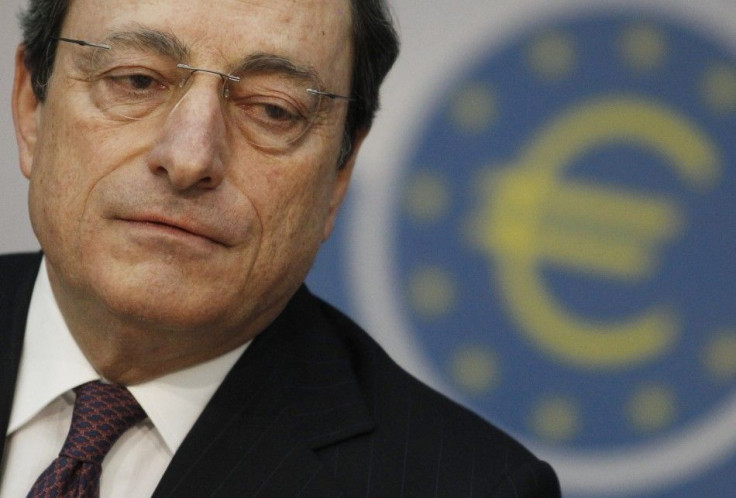Euro Zone Countries Exported More in Jan: European Central Bank

Euro zone countries exported more goods and services than they imported in January, lifting the monetary union's current account surplus, the European Central Bank said Monday. In a further encouraging sign, a greater number of member nations contributed to the increased exports.
The euro zone's monthly current account surplus surged to €4.5 billion ($5.9 billion) in January from €3.4 billion in December, data released by the ECB showed, led by an export boom.
The improvement is largely due to ongoing exports gain, Dominique Barbet, an economist at French bank BNP Paribas, told the Wall Street Journal.
Account surpluses for trade in goods and services increased by €4.9 and €3.9, respectively, somewhat less than surpluses observed in December and November. But those smaller surpluses were boosted by a much-smaller current transfer deficits (of €7.3 billion, compared to a trailing 12-month average of €8.55 billion), as European investors were less keen to send their euro abroad than in previous months. Income surplus, which reflects non-trade gains from investments abroad, were €3 billion.
Those gains continued a pattern that has been observed since November of last year and, adding to the positive news, were more evenly distributed than previous trade surpluses, which had mostly benefited the German economy.
Separately, the current account imbalance between Germany and other euro zone member states fell considerably in 2011 as the German economy's imports from European countries continued to expand robustly in the year, the country's Bundesbank noted in its monthly report.
The current account surplus data is likely to help strengthen the euro, which fell below the psychologically important $1.30 price point last week, as both pessimistic comments from various European officials and a rally in the dollar market weighed the common currency down.
It is not clear it will turn the pessimistic mood set in place by some of the world's top central bankers. Following a week where the European Central Bank reaffirmed its dimmed prospects for GDP growth in Europe, IMF chief Christine Lagarde told a Beijing conference the current weak global environment was of paramount concern and the fact the global economy had been able to avoid catastrophe at the end of last year should not translate into a false sense of security.
European equity markets seemed to put more weight on Lagarde's words than the ECB's data. Stock indexes for various national exchanges were flat or slightly down during afternoon trading sessions Monday with the benchmark British, German and French indexes down 0.12, 0.47 and 0.60 percent, respectively.
The euro rose steadily against the dollar and was trading at $1.3202 recently, although gains seemed mostly due to traders selling off overbought greenbacks, and were smaller against other European currencies.
© Copyright IBTimes 2024. All rights reserved.











